The LEZ, an asset for our health
By contributing to the improvement of air quality, the LEZ has become an ally for the health of Brussels residents. Various studies by the World Health Organization (WHO) have highlighted the significant health impacts of poor air quality. The most common consequences are:
- respiratory disorders and conditions (including asthma);
- eye and nasal irritation;
- coughing and bronchitis;
- cardiovascular disease;
The risk of stroke, heart disease, and lung cancer also increases significantly, especially among the elderly, young children, and people with existing health conditions. In the Brussels-Capital Region, exposure to PM2.5, NO2 and ozone (O3) in the air is estimated to have caused 298, 144 and 175 premature deaths respectively in 2024 (source: IRCELINE annual report).
By 2030, the LEZ will make an even more significant contribution to the health of the Brussels population by reducing:
- premature deaths;
- diseases related to exposure to air pollutants, and
- healthcare costs.
By contributing to better air quality, in particular through the implementation of the LEZ and other mobility-related policies, the Brussels-Capital Region is asserting its determination to protect the health of its citizens and of visitors to Brussels.
How will the LEZ impact air quality?
Since its creation on 1 January 2018, the LEZ has contributed to:
- Significantly reducing emissions of air pollutants from road transport (nitrogen dioxide, microparticles and black carbon) which are the most harmful to health.
- Reducing the number of the most polluting (diesel) vehicles in the region.
- Maintaining NO2 (Nitrogen dioxide) concentrations in the air below the annual legal limit (40 μg/m³) in the region.
This is why the Brussels Region became a Low Emission Zone on 1 January 2018. Since then, the most polluting vehicles cannot access it. The timetable provides for a gradual phase-out of diesel cars from 2030, and petrol vehicles from 2035. For other categories of vehicle (vans, minibuses, buses, coaches, HGVs, motorized two-wheelers), there is a specific timetable depending on their category.




